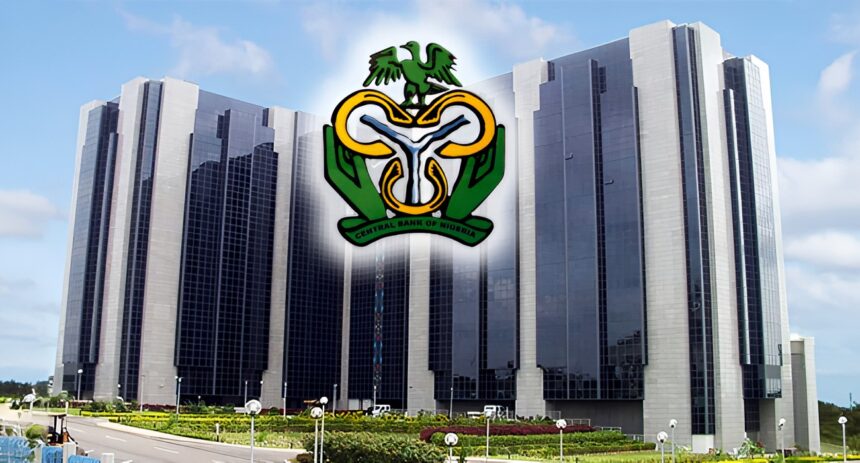Nigeria’s Foreign Direct Investment has dropped by 19% to $250 million in Q1 2025, the Central Bank of Nigeria (CBN) has reported.
The CBN report titled “DI inflows declined slightly to US$0.25 billion in Q1 2025, from US$0.31 billion in Q4 2024” revealed that this is a downward trend from $310 million in Q4 2024.
According to the report, the drop in Nigeria’s foreign direct investment signals a “troubling erosion of investor confidence in Africa’s largest economy.”
Also, the report revealed that the decline in Q1 2025 reflected a broader slump in capital inflows, with portfolio investments suffering an even sharper reversal.
Overall, the financial account came under pressure, weakening Nigeria’s external position despite a current account surplus and positive trade performance.
The CBN report also showed that Nigeria’s financial account balance fell to $7.58 billion in Q1 2025, slightly down from $7.82 billion in Q4 2024.
According to the report, the moderation was driven by a dramatic swing in portfolio investment liabilities—from a robust $5.61 billion inflow in Q4 2024 to a net outflow of $5.03 billion in the first quarter of 2025.
Similarly, direct investment assets—indicating Nigerians investing abroad—also reversed into a net outflow of $550 million, suggesting increased offshore diversification by domestic investors.
The significant capital outflows highlight the effects of ongoing exchange rate volatility, persistent inflation, and lingering uncertainty over monetary and fiscal policy alignment—all of which have made Nigerian assets less attractive to global investors.
Export earnings rose by 9.79% to $13.91 billion, driven by a rebound in gas exports—up 26.7% to $2.66 billion—and a 30.4% surge in non-oil and electricity exports, reflecting improved global demand and the competitive pricing advantage from the naira’s depreciation.
Imports declined modestly to $9.75 billion, from $10.05 billion in Q4 2024, due to reduced inflows of petroleum products and non-oil goods.





